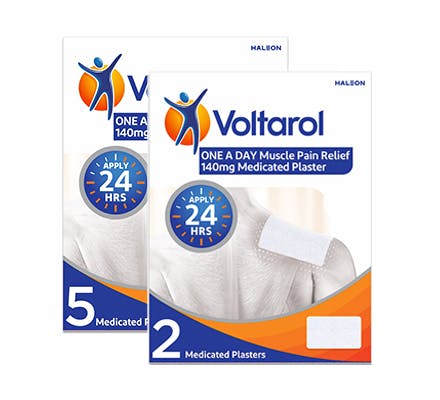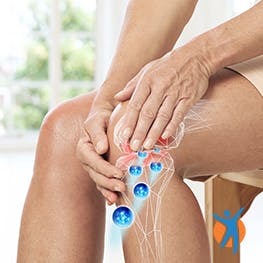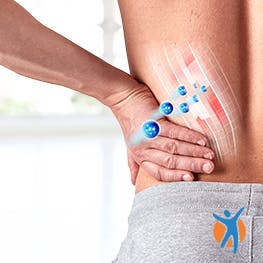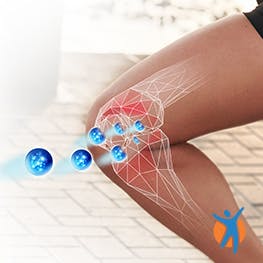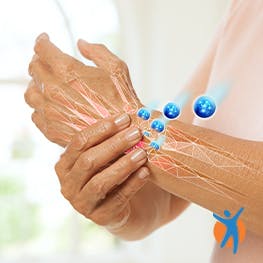
SHARE THIS ARTICLE:
The diet starts… tomorrow! We’ve all said this at some point or another – especially after a hearty weekend of food and celebration with families. But weight management takes on extra importance for those of us faced with chronic pain. Focusing more on weight management through lifestyle changes – and not going on a dreaded (and overly restrictive!) “diet” – is key for... getting those good pain relief benefits from maintaining a healthy weight. Because it’s not just about how much we eat – and more about what we eat – that can make the difference.
Our diets have changed since our grandparents’ time. Now there is an increase in processed foods that are lower in nutrients and higher in salt and fat. We also lead much more sedentary lifestyles than previous generations, which lowers our daily calorie burn. This has made weight management increasingly difficult. Some 64% of adults in the UK are overweight or obese. This may make chronic pain more difficult to manage. In fact, there seems to be a lot of overlap between being overweight and experiencing chronic pain.
How is weight related to chronic pain?
The relationship between weight and chronic pain is a bit of a chicken and egg situation. While there is a strong link between obesity and pain, it is unclear which causes which. Of course, experiencing pain can make us retreat from activities we once loved, leading us towards a more sedentary lifestyle. Moving less can spell weight gain for some of us. In this scenario, the pain causes the weight gain.
On the other hand..., there’s a physiological reality to being overweight. Carrying around excess kilograms puts stress on our bodies and joints. This can cause musculoskeletal pain. Whether it’s overweight hip pain, ankle pain, or knee pain, excess weight can take a toll over time. In fact, doctors have found a higher prevalence of neck, back, hip, and knee pain in obese patients.
Back pain due to weight gain is common. Excess belly weight pulls our posture out of alignment, pitching our stomach forward, which can put a strain on our lower backs; hence causing back pain.
Our joints can be especially affected by being overweight. So, can weight cause arthritis? Whether your weight causes arthritis directly remains a question. However, there does seem to be a correlation between being overweight and experiencing osteoarthritis. Being overweight is in fact a risk factor for osteoarthritis.
Being overweight means carrying around extra fat stores in our body. Body fat secretes chemicals – known as cytokines and chemokines - into the blood stream. These chemicals increase inflammation in the body. This can affect blood pressure, cholesterol, and insulin resistance. Inflammation in the body can also contribute to body pain.
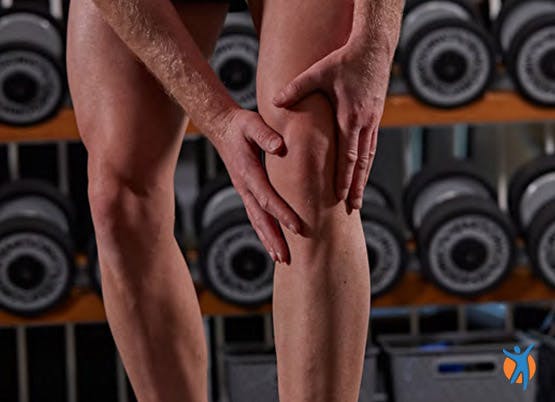
Reducing inflammation
Excess fat can increase inflammation in the body, and inflammation is in turn, a cause of pain.

Reducing mechanical stress on our body
Being heavier puts extra strain on our joints and requires stronger muscles to support the joints. Reducing weight takes the load off.
Additional benefits of losing weight can help you to regain the joy of movement and an improved quality of life. Losing weight can mean returning to activities that you miss out on. It can also improve other health markers, such as energy levels, physical mobility, general mood and self-confidence.
Some research suggests nutrition and diet can help with management of pain relief. There is an increasing amount of research aimed at finding out if there are any foods that help with reducing inflammation (potentially reducing pain!).
Back pain, joint pain, rheumatoid arthritis, fibromyalgia, and osteoarthritis are all affected by what we eat. Consult your healthcare professional and dietitian for a holistic management of these conditions, in many cases they might recommend prescribed medicines, physiotherapy, psychologic support with behavioural changes, and specific food restrictions or advice. Please always read the label of any medicines and pain management products prior to use.
If you experience hip pain, ankle pain, or knee pain, you may have osteoarthritis and it’s best to make an appointment with your doctor for a diagnosis in order to find out more about these symptoms. Weight management can prove quite helpful in this case. Losing even just a few kilograms can significantly reduce knee pain, for instance.
Weight management tips
If you’re interested in the weight management route for pain relief, the reccomended next step is learning how you can start to lose weight.
The compounds found in food can have a profound effect on our bodies. When it comes to pain relief, sometimes it’s not merely about losing weight but how we lose weight, that makes the most impact.
Without further ado, here are our weight management tips geared toward pain relief. Keep them posted on your fridge. Write them in your journal. Take them into account when you’re planning your grocery shopping list.
- Exercise – do what you can!
We understand that exercise can be challenging when you’re in pain. But do what you can! Maybe that’s going for a walk around the block. Maybe it’s getting some housework done. Swimming is a great low-impact option for getting some calorie burn in. Added bonus: it’s a full-body workout. Get started with some simple exercises you can do at home. - Practice good portion size
If you experience chronic pain, you have likely adapted your lifestyle in order to cope. More often than not, this means moving less, which means less calories are burned in a day. Maintaining a healthy weight may mean putting less on your plate than you grew accustomed to before you started experiencing pain.

- Don’t skip meals!
Your body runs best when it gets fuel regularly and predictably. Plus, there’s no need to feel like you’re being punished and going to bed without dinner! (Or waking up without breakfast…) Feed your body, and your mind. If you’re considering intermittent fasting or other fasting schemes, consult your healthcare provider first. - Plan your meals ahead of time
Make eating fun and enjoyable. By planning meals ahead of time, you can feel free to try out new recipes and experiment in the kitchen with things you may not have tried before. Knowing ahead of time what you’ll be eating can also help you resist the temptation to reach for something fast and convenient. Because fast and convenient usually means salty, sugary, or fatty. In other words – no good.
- Drink plenty of water
Staying hydrated is an important – and often overlooked – element of losing weight. Drinking water can reduce food cravings. It can also reduce swelling in your body. - Get a friend involved
Having a support system is so important for sticking with your new nutritional goals. Tell a friend about your new eating habits. He or she can help you stay on track by checking in periodically or even joining you on this journey. - Remember – consistency over perfection
If you slip up, don’t get demoralised. Just patiently get back on track. It is more about being consistent with your new eating habits than executing them perfectly all the time. Be kind to yourself. You’re doing great!
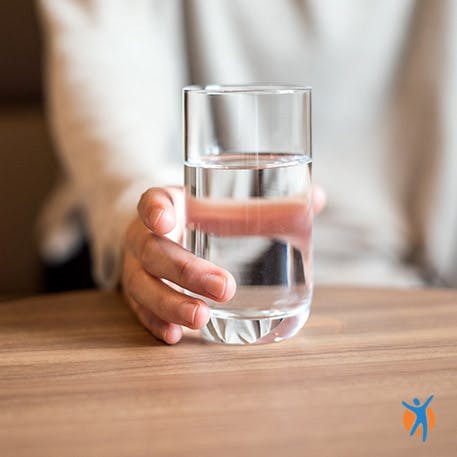
- Move joyfully
As you begin to see changes in your weight, you may find that your pain decreases and you’re able to partake in those smile-inducing, heart-gladdening, soul-fulfilling activities you once treasured. Like taking a nature walk to a favourite neighborhood lookout to enjoy the sunset with your sweetheart. Joy of movement, regained.

SHARE THIS ARTICLE:
Treatment by pain type




